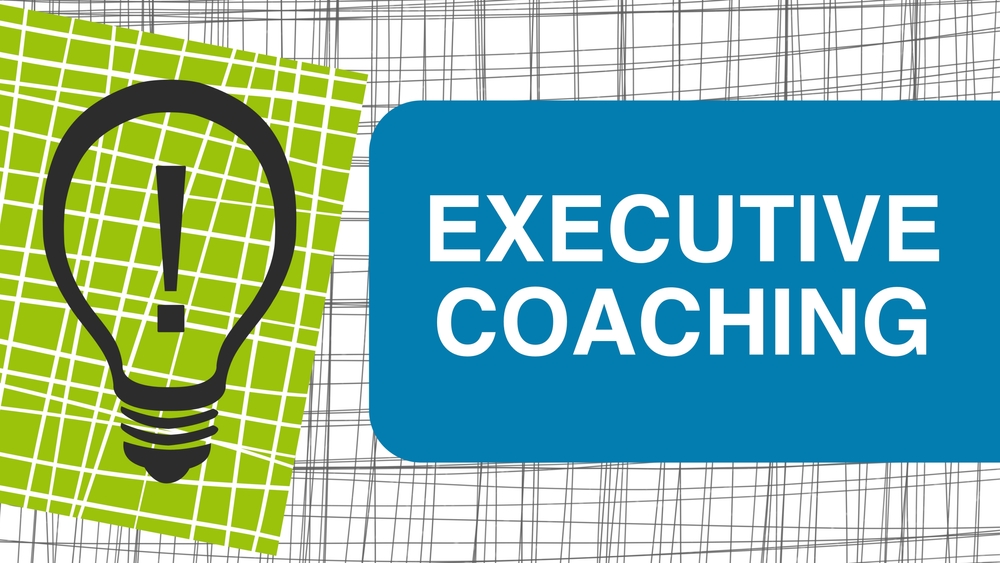Executive Coaching

Enquire Now
What is an Executive Coach
Executive coaching enables a relationship formed between a client who has managerial authority and responsibility in an organization and a consultant who uses a wide variety of behavioral techniques and methods to help the client achieve a mutually identified set of goals to improve his or her professional performance and personal satisfaction and, consequently, to improve the effectiveness of the client’s organization within a formally defined coaching agreement. Their primary focus is to help clients identify areas for improvement and create strategies for improving their performance. The role of an executive coach is to provide guidance and support to clients as they work through complex work-related issues.
An executive coach can help you communicate better, be more self-aware, and be emotionally intelligent. They can help you set realistic goals and create a plan to help you reach them. They can also help you overcome challenging situations, strengthen your team, and increase your job satisfaction. An executive coach will work with you individually on specific growth areas. They will use various methods and tools to help you recognize your strengths and weaknesses and develop strategies to overcome them. These sessions may include role-playing exercises, goal-setting, and feedback from you and other team members.
Benefits of an Executive Coach
- An executive coach is an individual who provides guidance and support to people in leadership roles to help them develop and improve their abilities.
- An executive coach offers feedback and advice to clients to identify areas for improvement and refine their strengths.
- Engaging the services of an executive coach provides the opportunity to understand one’s work habits.
- Executive coaching involves recognizing strengths, vulnerabilities, and patterns that may hinder achieving goals.
- An executive coach can provide guidance on addressing vulnerabilities and maximizing strengths. Having an executive coach on your team means receiving feedback on your leadership style.
- Executive coaching can cover communication style, delegation of tasks, and effectiveness in motivating and engaging your team.
- An executive coach can help identify areas for improvement in your leadership skills and provide tips on how to enhance them.

What can you expect while working with the Executive Coach?
Coach / Trainer
Sivakumar Padmanabhan
Vijaya Madhavi
Executive Coach Vs. Leadership Coaching
Executive coaching and leadership coaching have some similarities but also differ in specific ways.
Executive coaching is focused on developing the necessary competencies and abilities to succeed in administrative leadership positions. It is generally provided to executives in senior roles, such as Chief Executive Officers (CEOs), Chief Operating Officers (COOs), or Vice Presidents (VPs). The main goals of executive coaching are to enhance individual performance as a leader, improve communication abilities, and help achieve specific business objectives.
On the other hand, leadership coaching is more general and is designed to help individuals at all levels within an organization. The objective of leadership coaching is to assist people in developing their leadership skills irrespective of their role or position within the organization. Leadership coaching can aid in improving self-awareness, emotional intelligence, communication skills, and other essential skills for effective leadership.
While executive and leadership coaching are distinct disciplines, there is some overlap between them. Both are aimed at helping individuals refine their leadership abilities and improve their performance in their roles. Additionally, both may involve individual coaching, group coaching, and seminars or training.
Ultimately, the key difference between executive coaching and leadership coaching lies in their focus. Executive coaching is tailored to individuals in executive leadership positions, whereas leadership coaching can be applied to anyone at any level within an organization.





